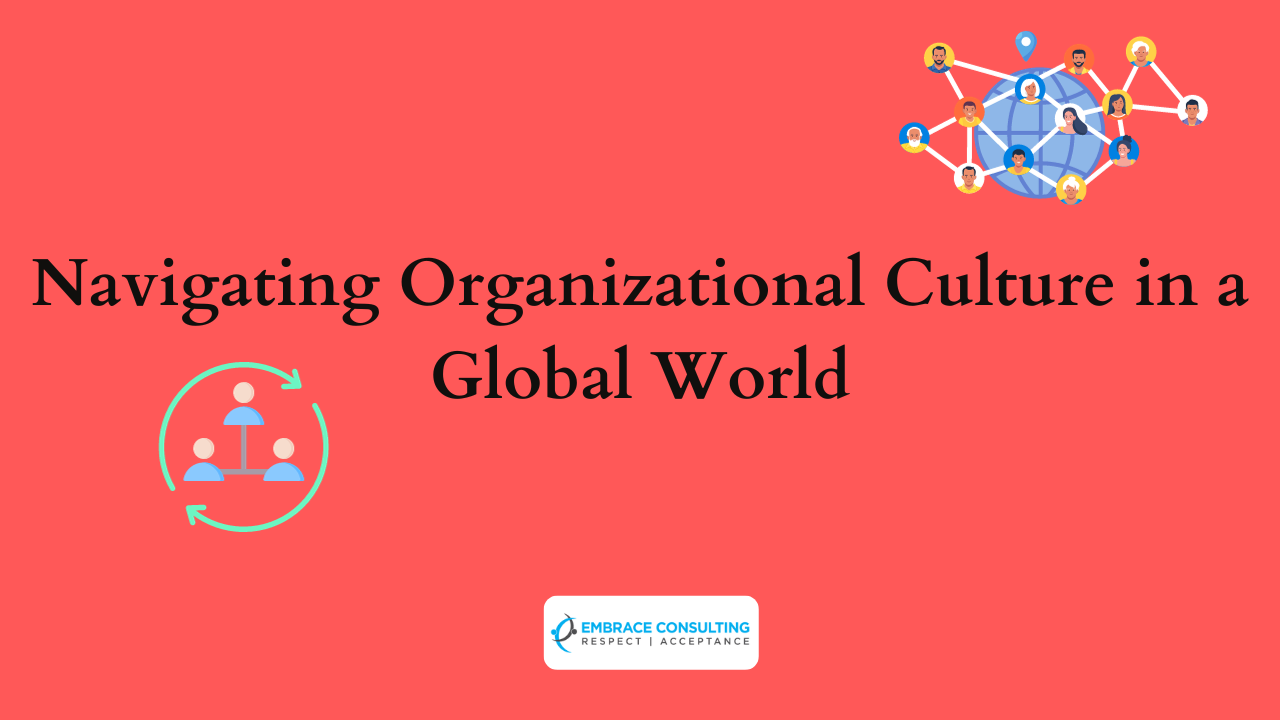Organizational culture is like the heartbeat of a company. It’s a powerful force that influences how employees act and interact within an organization. Imagine it as a delicate balance: management imparts values, and employees respond by sharing their experiences. But when companies expand globally, this balance becomes challenging. The process of globalization requires the company’s culture to adapt to new ways rooted in different local cultures. In this article, we’ll explore the potential and pitfalls of this jadult store nike air max 90 custom baseball uniforms ann summers sexy underwear nike air jordan 1 bayern shirt 22 23 nike air max 90 nike air max 270 women’s sale air max goaterra 2.0 slide bone 2022 cheap jerseys adidas juventus 22 23 jordan wmns air 1 mid sneakers alte best wigs cheap jerseysourney, unveil cultural attributes, and discuss action plans for success.
The Potential and Pitfalls
When companies expand globally while maintaining a solid cultural foundation, they can thrive. However, there are risks, including misunderstandings, friction, and decreased performance.
For example, imagine a well-established tech company headquartered in Silicon Valley, known for its innovative and collaborative culture. This company decided to expand its operations into Japan, aiming to tap into the Asian market’s potential while keeping its strong cultural foundation intact. With its solid cultural foundation, including a focus on innovation, teamwork, and open communication, the company could thrive in the Japanese market. Japanese consumers appreciate cutting-edge technology and teamwork, aligning with the company’s core values. By maintaining its cultural strengths, the company could attract top talent and build strong relationships with local partners, leading to market success.
However, the risks of misunderstanding and friction could emerge due to cultural differences. In Japan, business culture often values hierarchy, respect for authority, and meticulous attention to detail. The company’s Silicon Valley-style openness and informal communication might be perceived as disrespectful or too casual in a Japanese context. This could lead to miscommunications, internal friction among employees, and decreased performance as the company struggles to adapt to Japanese business norms. To mitigate these pitfalls, the company would need to strike a delicate balance between preserving its innovative culture and respecting the cultural nuances of its new market.
Unveiling Cultural Attributes
Research from Harvard Business Review reveals fascinating insights into organizational cultures worldwide. Caring and results are prominent cultural attributes, emphasizing collaboration and achievement. In contrast, authority and enjoyment receive less emphasis, suggesting lower priority for decisiveness and spontaneity.
Regional Variations
Culture operates on various levels, from organizational to regional. Understanding these variations is key:
How People Respond to Change
- Africa: Flexible cultures embrace innovation and agility.
- Eastern Europe and the Middle East: Stable cultures prioritize safety and business continuity. Authority is essential in some Middle Eastern firms.
How People Interact
- Western Europe and North/South America: Independence is valued, with Western European and North American firms emphasizing results and goal orientation. South America emphasizes enjoyment.
- Asia, Australia, and New Zealand: Interdependence is prevalent, with a focus on caring, safety, and order.
The Action Plan
To navigate globalizing corporate culture successfully, follow these steps:
- Stable Foundation: Define essential values that shape the company’s culture.
- Facilitate Regularly: Encourage cultural exchange within the organization.
- Maintain Essential Components: Retain core elements of the original culture when adapting to local cultures.
- Building a Solid Foundation: Clearly define corporate culture and its implications, ensuring clear communication and expected behaviors.
- Facilitating Corporate Culture: Integrate culture into recruitment, aligning candidates with company values. Regular feedback ensures alignment, especially during global expansion.
- Integrating Local Culture: Blend the original and local cultures harmoniously, incorporating new elements when employing local workers.
- Individual Work Style: Consider individual work styles within regional culture patterns, crucial for collaborating with diverse global teams.
- Global Team Management: Recognize the influence of external culture on workplace behaviors. Tailor teams and structures to regional culture preferences.
- Balancing Regional and Organizational Cultures: Align organizational culture with regional expectations, preserving core attributes while evolving others when entering new markets.
Organizational culture is a powerful tool for shaping an organization’s success. While regional patterns offer context, organizations have diverse cultures. Avoid stereotyping based on region. Effective global management requires understanding and acknowledging the diverse cultures within organizations. Adapting corporate culture to international markets is essential for success. In today’s interconnected world, embracing cultural diversity is key to thriving in the global business landscape. Corporate culture isn’t just an identity; it’s a dynamic force driving success in a globalized era. Understanding and adapting it effectively are essential for thriving in the interconnected business world.












